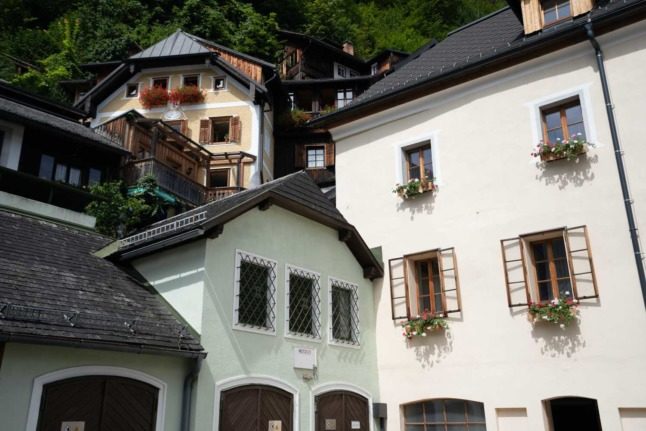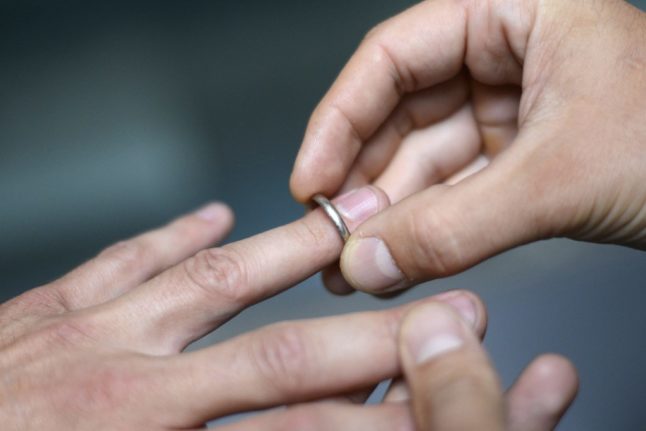Thinking of buying a house, moving house or investing? Or are you just curious about the property market in Austria?
Here’s what you need to know.
One in three people in Tyrol want to buy property
Results from a new survey by the Institute for Market Research and Data Analysis (IMAD), shows one in three people in Tyrol want to buy their own property in the next three years, and one third want to buy a privately financed property.
Furthermore, 58 percent of Tyroleans believe more residential properties are being bought by foreign investors.
There are also concerns in Tyrol that property is increasingly becoming too expensive for local people.
READ MORE: Where are real estate prices on the rise in Austria?
However, leading figures in Tyrol’s real estate industry are now criticising imposed orders on a municipal level to stop construction on privately financed apartments to make way for subsidised housing projects (mostly for local people).
Instead, they say stopping construction on private projects will only exacerbate the problem and increase prices further.
Property prices rose in Vienna in second quarter of 2021
In the second quarter of 2021, real estate prices in Vienna rose by 10.7 percent, according to new figures by Oesterreichische Nationalbank (OeNB).
In Austria, property prices rose by 12.3 percent in the first quarter, and 11.7 percent in the second quarter.
The report looked at property prices in countries across Central, Eastern and Southeastern Europe (CESEE).
Prices and demand for residential real estate in the region continues to be high, despite affordability issues starting to surface in some countries.
The report also noted the construction industry is experiencing shortages of building supplies and labour, which is being reflected in property prices in some countries.
Real estate crowd investing platform to launch in Austria
As the real estate boom in Austria continues, a new option is launching for investors in the form of a crowdinvesting platform.
Rendite Boutique will launch on October 14th with a special focus on sustainable construction projects. The platform allows users to start investing in real estate projects from as little as €50.
Dominic Lorenz, co-founder of Rendite Boutique, says the returns on properties offered on the platform will be between six and eight percent.
Lorenz adds that only projects with a positive financing commitment from an Austrian or German bank are available for investment.
READ ALSO: Vienna tenant has rent slashed because of crime-riddled neighbourhood





 Please whitelist us to continue reading.
Please whitelist us to continue reading.
Member comments